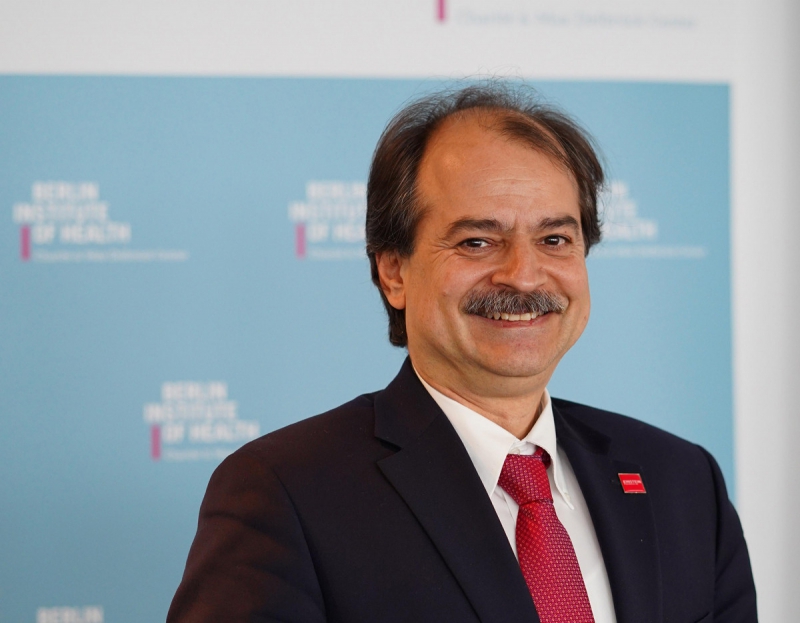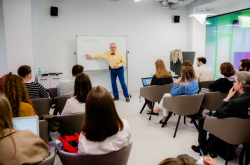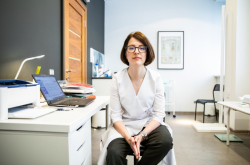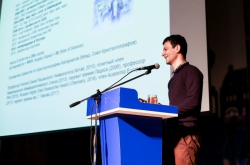We asked several researchers, specialists in the field of evidence-based medicine, and science communicators about what makes this educational project so special and what can one learn from John Ioannidis.
Methodology of research
Anton Barchuk, Executive Director of the Association of Oncologists of the Northwestern Federal District, a research associate at the University of Tampere and N.N. Petrov Research Institute of Oncology
In his research, John focuses on several problems that relate to both medical science and research methodology in general. The main topic of his lectures and publications is which health studies can be trusted, how they should be interpreted, and why they are often fraught with errors and inaccuracies.
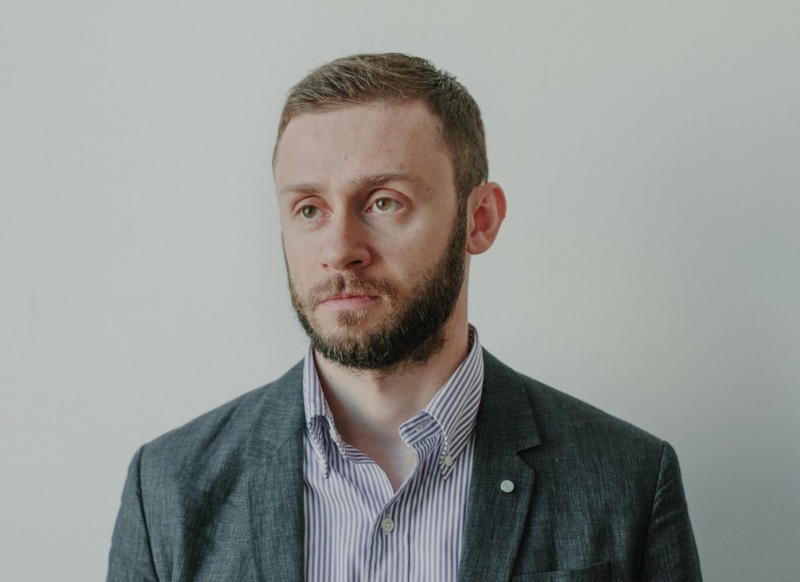
What John specializes in is meta-research, which is the study of research itself. He analyzes the entire array of data and publications, which constitute the essence of evidence-based medicine. In his works, he attempts to understand and explain which practices are beneficial to the creation of high-quality medical research papers and which aren’t. John’s findings may seem a bit pessimistic, but he’s really good at determining the extent of the problem.
What is also important is that he is the co-author of several recommendation articles focusing on how to conduct research in the field of medicine and health, as well as clinical and epidemiological studies. Researchers all over the world use these recommendations in their work and it is now becoming more and more difficult to publish an article in high-profile journals without using and mentioning these recommendations. John Ioannidis is one of the most prominent researchers in the field of medical science. If you want to know what evidence-based medicine really is about, this lecture is exactly what you need.
Flawed science
Elizaveta Dubovik, a graduate of ITMO University’s Master’s program in science communication and chief editor of the Severgroup-Medicine project
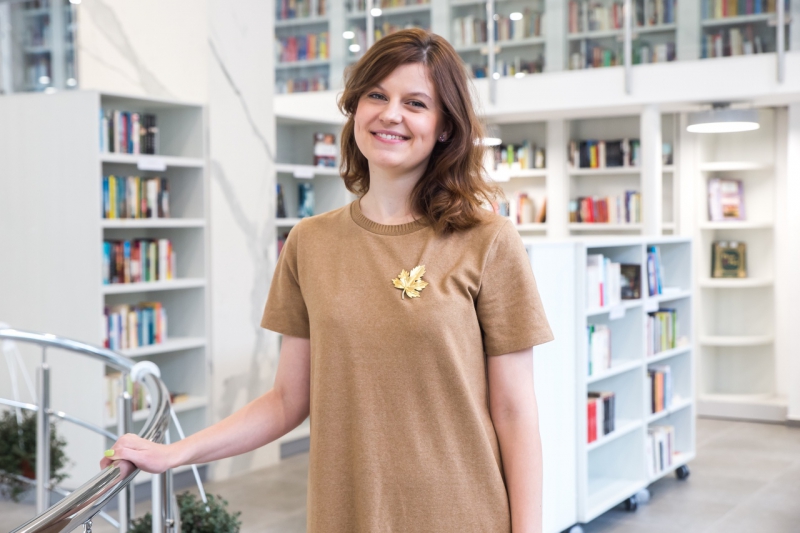
I see Prof. Ioannidis’ lecture as a very important event for several reasons. The first is its social significance. It’s not every day that you get an opportunity to meet the researcher who has turned your understanding of science upside down. On the other hand, by attending this lecture I also pursue my professional goals. As a science communicator in the field of medicine, I constantly work with various research articles, system analysis and recommendations, which I use, for example, when writing about a particular disease and its treatment.
John Ioannidis is one of the few scientists specializing in meta-research in the field of medicine. His works help you understand which articles are worth paying attention to and which ones are better left aside. His research is like a roadmap to where you should go and where you shouldn’t. I am sure that a lot of my colleagues, as well as researchers, biotechnologists, and journalists feel the same. Prof. Ioannidis’ lecture at ITMO University is a great opportunity to understand how this roadmap is created and learn a bit more about the wonderful field that we work in.
More than Life Science
Daria Denisova, Head of ITMO University’s Science Communication Center
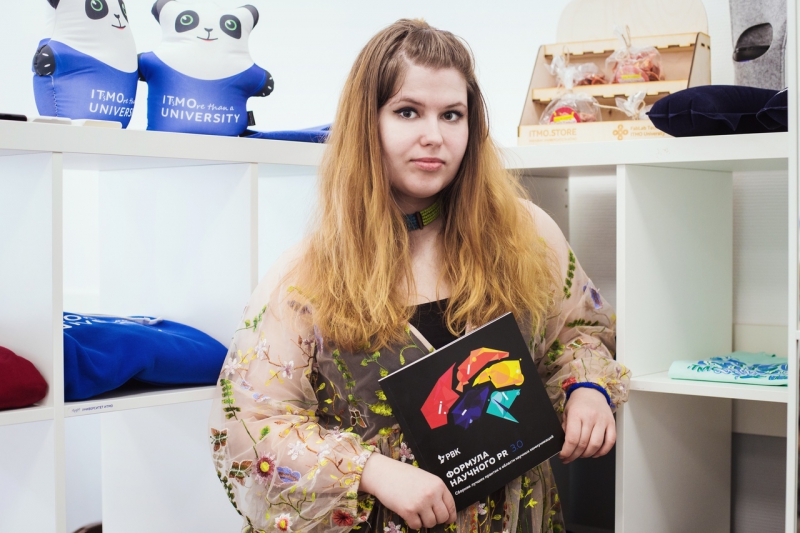
This is John Ioannidis’ first time in Russia, and we’re very excited to welcome him to our university! I would like to point out that we have recently launched a new track in medical communication as part of our Master’s program in science communication. So for us, events like this one are a chance to bring together science communication experts and everyone interested in the field.
The fact that so many people have already signed up for the lecture tells us that there is great interest in this topic out there. A lot of professionals from various companies are involved in the organization of this event, but I want to say a special thank you to professor Pyotr Talantov, who initiated the whole thing, as well as our graduate Elizaveta Dubovik.
In my opinion, it’s not only life sciences specialists who will find the lecture useful and interesting, but also researchers working in other areas.
Admission is free, but you need to register here to attend. Please bear in mind that you’ll need your passport/ID to enter ITMO University. The lecture will be held at Lomonosova Street 9 from 6.30 to 8pm on October 25.
